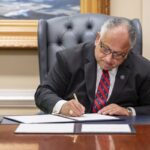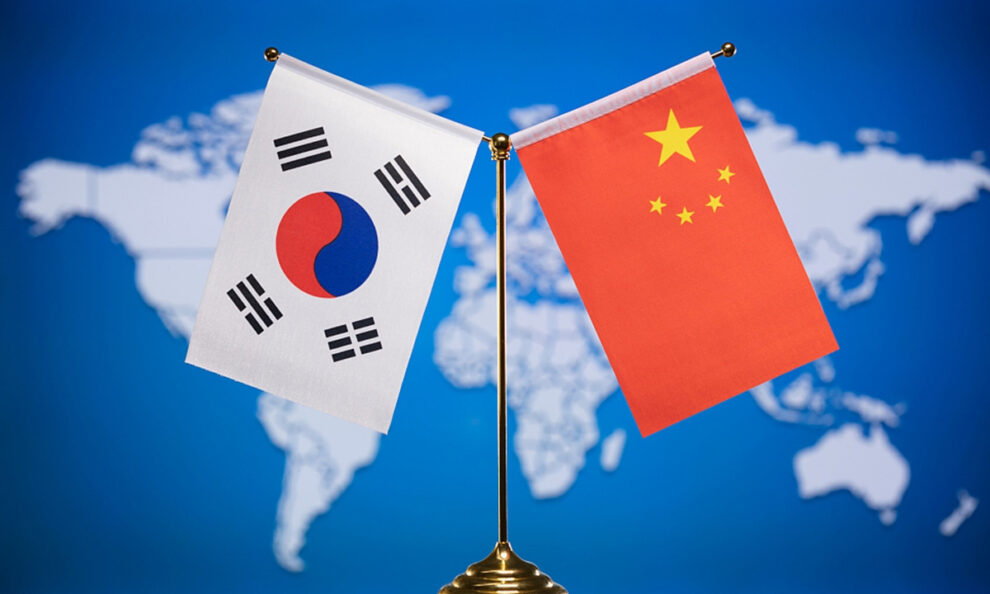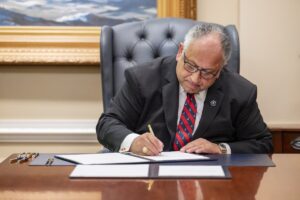In-depth communication between the foreign ministers of China and the Republic of Korea is conducive to bringing bilateral ties back on track, experts said, noting that Seoul needs to show more strategic autonomy in its diplomacy.
In an 80-minute telephone conversation between Foreign Minister Wang Yi and his ROK counterpart Park Jin on Thursday, Wang said that the development of bilateral relations has an internal driving force and inevitable logic, and should not be influenced by any third parties.
He called on the two countries to guard against interference from external factors, refrain from ideological confrontation and jointly push for steady and long-term bilateral relations.
Seoul has been following the steps of some Western countries in recent months and making irrational remarks on issues concerning Beijing’s core interests, including the Taiwan question and the South China Sea.
In the phone call, Wang expressed hope that the ROK would strengthen its strategic autonomy, reject various anti-globalization maneuvers and attempts to decouple or sever supply chains, and deepen mutually beneficial cooperation in various fields, so as to better serve the peoples of the two countries.
The two countries celebrated the 30th anniversary of the establishment of bilateral relations last year. Wang said that China and the ROK should stick to the original intention of establishing diplomatic ties, pursue the right direction of friendly cooperation and continue to enhance mutual understanding between the two peoples.
Noting that mutually beneficial economic and trade cooperation is the foundation of bilateral relations, Wang said expanding China-ROK cooperation will help the ROK to achieve sustainable prosperity and development.
In response, Park said that the government of ROK President Yoon Suk-yeol speaks highly of the fruitful results achieved in bilateral relations since the establishment of diplomatic ties, and will continue to value and promote such ties.
He said that the ROK has no intention of engaging in any decoupling targeting a specific country in relation to production and supply chains, and “de-sinicization” is neither possible nor desirable.
The two sides also exchanged views on issues including Japan’s discharge of nuclear-contaminated wastewater and the Korean Peninsula.
Wang Sheng, a professor of international politics at Changchun-based Jilin University, said that Park took the initiative to make a phone call and tried to explain the current relationship between the two neighbors, which is a sign of reaching out to Beijing.
The phone call is an opportunity for both sides to reconfirm the direction of the development of bilateral ties, which have currently been facing some difficulties.
While catering to the United States in military and foreign policies, the ROK is afraid of suffering the loss of economic benefits from its cooperation with China, which is contradictory, Wang said.
China has been promoting regional cooperation in Northeast Asia, and would not like to see bloc confrontation in the region, he said.
Li Jiacheng, an associate professor at Liaoning University’s School of International Studies, said relations between the two neighbors are complicated and cannot be fully remedied by one phone call.
Despite the decline in exports to China, the overall trade volume between China and the ROK remains high, Li said, adding it is important for both countries to minimize external disruptions in trade cooperation, as the latter is an engine and a driving force for the development of bilateral ties between the two countries.
Source : ChinaDaily
















